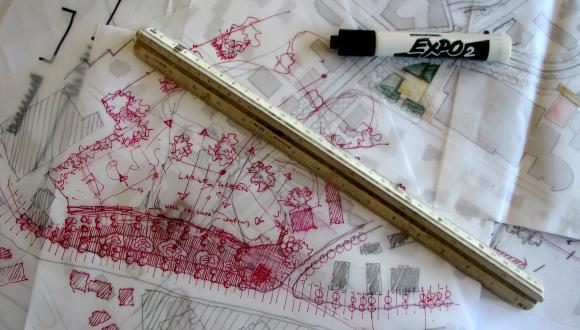The Urban Planning and Design Laboratory
Change, innovation, dynamic growth and reform are key issues of modern life at the beginning of the 21st century. In the face of contemporary challenges to our society, our economy, our environment, and our everyday lives, it is key for planners to find solutions for the complex problems and opportunities related to the unprecedented growth of cities. In this context, cities need to supply housing, employment, security, energy, communication, and mobility in a sustainable environment for its inhabitants. Today, these are the main challenges that occupy policy makers, planners, architects and citizens, requiring clear vision and research. The LCUD, head by Dr. Tali Hatuka, seeks methods and models that arrive at innovative solutions and guidelines, making our cities better.
Our three thematically-related fields and the projects are:
Conflict and Visioning
Spatial contestation and conflicts in cities are not new phenomena. Seeking an understanding of the particularity of contemporary times, scholars worldwide have investigated the context of recent urban violence and how city conflicts relate (or not) to state policies. Aiming to bring into the analysis of conflicts both scale and space, our projects focuses on repertoires of contestations, as an exploratory project that explores ways of encountering conflicts in the form of the imaginary (http://designprotest.tau.ac.il/).
City Design and Development
Technology, violence, climate change are all influencing and changing public sphere's dynamic and physicality. Aiming to better understand contemporary configuration of the public sphere, our projects focuses on three key social dimensions: 1. The dynamic between information and communication technologies (ICTs) and people’s daily routines in cities, 2. The engagement with climate issues in the design of public spaces, 3. The relationships between the industrial development and the city (http://www.industrialurbanism.com ).
Housing Environments
Housing is the unit that defines neighborhoods, comprised of cities and regions. Housing and, in particular, affordable housing became a core task in the development of contemporary cities worldwide. Our laboratory will focus on analyzing housing environments, taking into account physical design, economy and environmental issues as a premise to better, more livable neighborhoods (http://lcud.tau.ac.il/project/habitats-neighborhood-state/).
Links:


